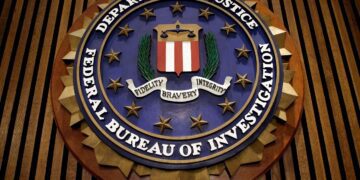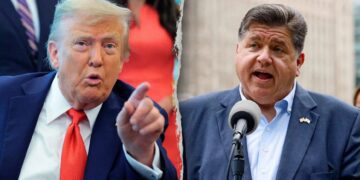Many people understand that making a good first impression is often critically important because you only get one chance to introduce yourself for the first time.
The question is whether or not it is too important in politics. I had a very positive first impression of Ronald Reagan the first time I heard him speak in person at the old Sherman House Hotel in Chicago on March 20, 1965. For most of the audience that night, Reagan was known as a former movie actor, TV host, and the person who raised a lot of late campaign money for Barry Goldwater six months before with a very successful fundraising speech on TV.
But on this night Reagan was speaking on his on behalf of his ideas and principles rather than on behalf of a candidate or a product. His enthusiasm, optimism, personal humility, and good will were very appealing to me. That positive first impression stayed with me for the rest of Reagan's life. Because of that, maybe I gave him a wider margin for error even when he might rarely disappoint me. Most of us give friends and people we like the benefit of the doubt but we are more critical of people who make a bad first impression on us.
Newt Gingrich made a good first impression on me in the early 1990s because I was looking for new conservative leadership in Congress. But when Newt brought us to the promised land with the first GOP majority in 40 years after the 1994 House elections, he needed to make a good first impression on a broader audience outside of DC. But Newt quickly failed due to his own mistakes, circumstances, and a hostile liberal media.
Newt thought he was already well known and he was to political junkies and DC media. But he was not very well known to a broader American public in November 1994. Suddenly, he was given the intense publicity that is normally conferred only on a new president. Cameras and microphones followed his every move whether it was news or not because his personality became the news.
Newt was not as careful as he could have been in making his first impression on that wider audience of Americans. By December 1994, the hostile pro-Bill Clinton media had already branded Newt as a menacing mean guy and "The Gingrich who Stole Christmas." It was not fully Newt's fault, but he never got much of a chance to re-introduce himself to millions of Americans who already, justly or not, had a bad first impression of him.
Bill Clinton had good reasons to dislike Newt because both of them always thought they were the smartest people in any meeting whereas they were merely the two most arrogant competitors.
Over the following years my good first impression of Newt started to wear off for a variety of reasons that happened in the years after he left Congress.
Maybe I have been too critical of Donald Trump because my first impression of him was formed when I saw him speak to a New York Rotary Club in 1979. At once I took him to be a very vain and arrogant person who was out of his element and simplistic when he spoke about politics. That first impression never changed and has not changed in the last year as he won enough delegates to be nominated.
So I admit that I am out of step with many Republicans who like Donald Trump even though I do not understand why they like him so much. I have tried a few times to take a fresh look at Trump this year but he only seems to keep re-enforcing the same negative impression I formed 35 years ago at the Rotary Club event. He still seems simplistic, arrogant, vain, and not particularly well informed.
But that does not seem to be a problem for his millions of followers who say they admire what they see as his positive quality of total candor. I never had any good first impression of Hillary Clinton in the first place so i am stuck now as an outsider with no major party candidate that I can endorse with enthusiasm. That is nothing new and it has happened in the past but not to the same degree as this year.
All I know for sure is that I miss Reagan more now than ever and I did not realize how unique his appeal was.







